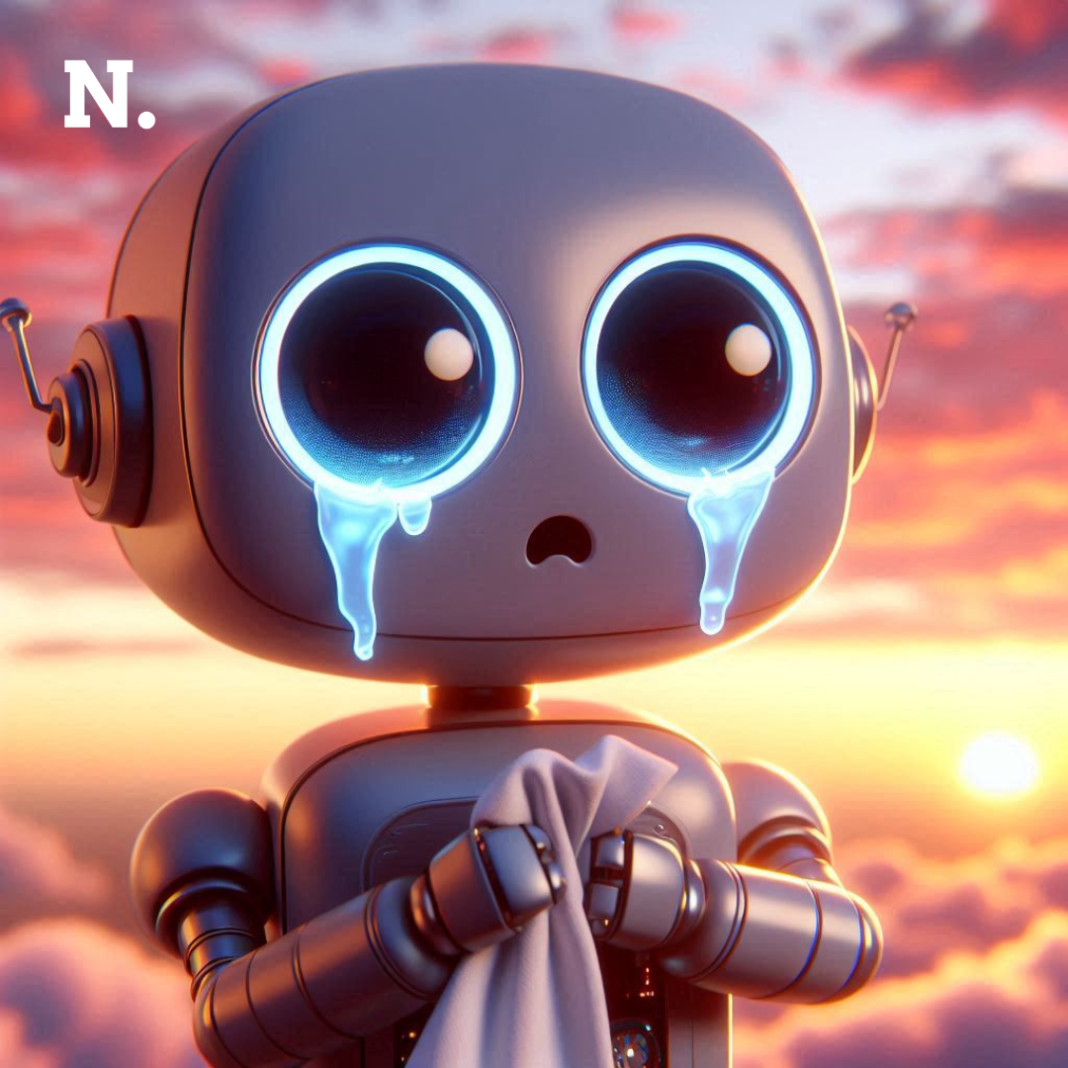South Korea, a country known for its cutting-edge technology and love of robots, has been left scratching its head after a strange event involving a robot civil servant. This Gumi City Council robot was recently knocked down a flight of steps and is now non-operational. While some are calling it a “robot suicide,” the truth behind the incident is far from clear, sparking a national debate about robots, workload, and the future of work.
A Robot on the Job: From Deliveries to Greetings
Last Thursday afternoon, the Gumi City Council experienced a puzzling scene. Their robot helper, affectionately nicknamed “Robot Supervisor,” was found lying at the bottom of a staircase, no longer working. Witnesses reported seeing the robot acting oddly just before the fall, circling in one spot as if confused. This dedicated robot, a fixture in the city hall since August 2023, had become a familiar face, complete with its own employee ID card.
The Robot Supervisor was a true multitasker, taking on a variety of responsibilities. From delivering documents to residents to promoting the city and answering questions, it was a valuable member of the team. Unlike most robots, this one could even navigate the building independently, utilizing the elevator to move between floors. Developed by Bear Robotics, a company known for its restaurant service robots, the Gumi City Council’s robot had a much wider range of duties.
A Nation of Robots Takes a Step Back
South Korea is a leader in robot technology, with a staggering number of robots used in factories and other workplaces. In fact, there’s almost one robot for every ten workers! The Robot Supervisor’s accident has ignited a national conversation about robot workload and potential mistreatment. Some people are questioning whether robots are being pushed too hard, given tasks that overload their systems.
Others are raising concerns about the increasing presence of robots in everyday jobs. With robots taking over tasks traditionally done by humans, questions arise about the future of work and potential job displacement.
A Pause for Reflection: Rethinking Robot Integration
The Gumi City Council’s decision to pause their robot integration plans is a significant shift. This accident has forced them to re-evaluate their approach to automation and consider the potential downsides. For a country that has embraced robots with open arms, this event has served as a wake-up call, prompting a conversation about responsible robot integration.
Was it a Robot Suicide or a Technical Malfunction?
The cause of the Robot Supervisor’s fall remains a mystery. Some theories suggest a technical malfunction, a glitch in its programming, or a problem with its hardware. Others, however, have gone as far as calling it a “robot suicide,” speculating that the robot somehow became overwhelmed or malfunctioned in a way that mimicked intentional self-harm.
While the concept of a robot experiencing emotions or suicidal tendencies is unlikely, the event highlights the complexity of robot design and the need for robust safety measures. Without a clear explanation for the fall, the debate about the cause continues.
A Conversation About Robot Friends
One thing is certain: this incident has sparked a nationwide conversation about the role of robots in human society. As robots become more sophisticated and integrated into our lives, questions arise about how we interact with them and how we perceive them. Are robots simply machines, or are they something more?
Should robots be treated like workers with rights and limitations, or are they simply tools? This event has pushed us to consider the ethical implications of robot development and usage. The Robot Supervisor might be gone, but it has left a legacy – a starting point for a crucial conversation about robots, technology, and the future of work.
Considerations
- Robot Safety: The Robot Supervisor’s fall raises concerns about the safety of robots, especially those that work alongside humans in everyday environments. Robust safety protocols and testing are crucial to prevent similar incidents.
- The Future of Work: As robots become more advanced, will they take away jobs from people? What kinds of occupations will people have in the future? This event highlights the need for proactive planning to ensure a smooth transition in the job market.
- The Ethics of Robots: How should we treat robots? Do they deserve any kind of special rights or protections? As technology develops, we must create moral standards for the creation and application of robots.
The Robot Supervisor’s fall in South Korea serves as a reminder of the need for careful consideration when integrating robots into our lives. This event has sparked a critical conversation about the future of robots and their place in our world.



